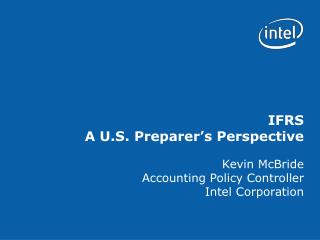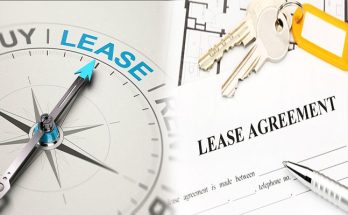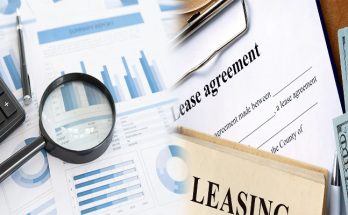 This paper critiques the economic nature of finance leases and, also, the way that they are taxed under existing law creating beneficial tax benefits. The monetary statements will for that reason reflect depreciation on the fixed asset with each other with finance charges on the lease liability. It will commonly run for significantly less than the complete economic life of the asset and the lessor would anticipate the asset to have a resale value at the finish of the lease period – known as the residual value.
This paper critiques the economic nature of finance leases and, also, the way that they are taxed under existing law creating beneficial tax benefits. The monetary statements will for that reason reflect depreciation on the fixed asset with each other with finance charges on the lease liability. It will commonly run for significantly less than the complete economic life of the asset and the lessor would anticipate the asset to have a resale value at the finish of the lease period – known as the residual value.
That said, cash flow from operations will contain only the interest portion of the capital-lease expense. Tax rulings have been issued by the ATO that seek to differentiate amongst a sale of the asset and a lease. In terms of this section 23C it is necessary that the VAT portion of expenditure is excluded from the quantity recognised for Revenue Tax purposes if the taxpayer was entitled to an input tax deduction.
Consequently, the leased asset is capitalised in the accounting records of the lessee who can claim an expense for depreciation. In addition section 11(a) of the Income Tax Act will entitle the lessee to claim a deduction equal to the total amount of rent that is payable in the course of the year of assessment.
Broadly, this is to identify transactions that are financing transactions, rather than operating lease. Not if not material but a finance lease really should be capitalised and an operating lease really should not so it does matter from an accounting perspective. This report focuses on the Earnings Tax implications that outcome from finance lease agreements from the point of view of the lessee.
Of course, the term of the lease might be shorter than 4 years and/or the interest price decrease. For instance, capital allowances could be transferred from an entity that is in tax loss and, as such, has no instant use for the capital allowance deductions, to an entity that is taxpaying and which could use the capital allowances promptly.




